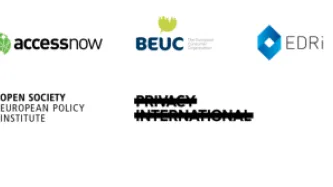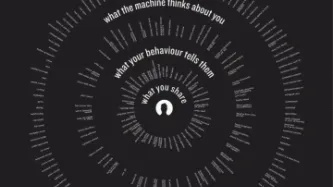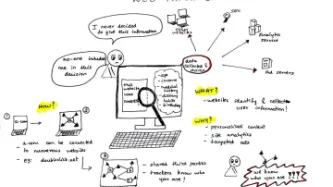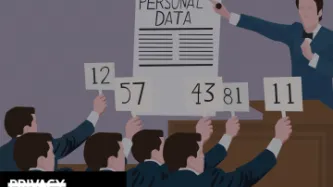Search
Content type: News & Analysis
Yesterday, we found out that Google has been reported to collect health data records as part of a project it has named “Project Nightingale”. In a partnership with Ascension, Google has purportedly been amassing data for about a year on patients in 21 US states in the form of lab results, doctor diagnoses and hospitalization records, among other categories, which amount to a complete health history, including patient names and dates of birth.
This comes just days after the news of Google'…
Content type: News & Analysis
On 11 October 2019, Privacy International together with EDRi, BEUC, AccessNow and Open Society European Policy Institute, sent an open letter to EU Member States, to urge them to conclude the negotiations on the ePrivacy Regulation.
The letter highlights the urgent need for a strong ePrivacy Regulation in order to tackle the problems created by the commercial surveillance business models, and expresses the deep concerns by the fact that the Member States, represented in the Council of the…
Content type: News & Analysis
On Tuesday, Twitter disclosed that it may have shared data on users with advertising partners, even if they have opted out from personalised ads, and shown people ads based on inferences made about the devices they use without permission. According to Twitter, the issue was fixed on Monday, even though it is not yet clear how many users have been affected.
This is not the first time that Twitter had to admit that it leaked user data to advertisers. In May 2019, the social…
Content type: Long Read
By Valentina Pavel, PI Mozilla-Ford Fellow, 2018-2019
Our digital environment is changing, fast. Nobody knows exactly what it’ll look like in five to ten years’ time, but we know that how we produce and share our data will change where we end up. We have to decide how to protect, enhance, and preserve our rights in a world where technology is everywhere and data is generated by every action. Key battles will be fought over who can access our data and how they may use it. It’s time to take…
Content type: Long Read
Like millions of other people, you use messaging apps, social media, share, read and watch content on your phone or computer. If that’s the case then hundreds of AdTech companies collect and exchange your data every single day. AdTech, a short form of advertisement technology, is a catch-all term that describes tools and services that connect advertisers with target audiences and publishers. It’s also a multi-billion-dollar industry that is facing investigations by Data Protection Authorities…





